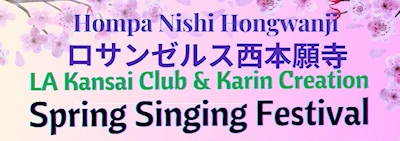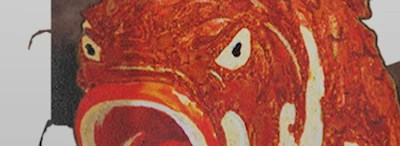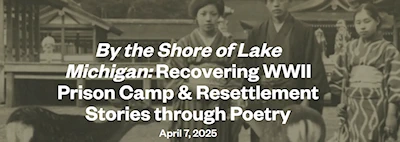2025 Japanese New Year Event - Shōgatsu NEW
-
May 11, 2025, Sunday: All Day (44 Days):
2025 Mother's Day is Sunday: Top Tips & Ideas to Surprise a Special Mom, Grandma, Dad (For Kids, Dads & Moms that Need Ideas) -
June 15, 2025, Sunday: All Day (79 Days):
2025 Happy Father's Day: Top Tips to Surprise Dad on Father's Day and Tips to Be an Inspiring Dad! -
September 1, 2025, Monday: All Day (157 Days):
2025: Labor Day is a Federal Holiday - Monday, September 4 -
October 31, 2025, Friday (217 Days): 5:00 pm
Halloween Safety Tips for Your Kids - LAFD -
November 27, 2025, Thursday: All Day (244 Days):
2025 Thanksgiving Day - Thursday -
November 28, 2025, Friday: All Day (245 Days):
2025 What is Black Friday in United States? What About in Japan? Black Friday vs Cyber Monday? (Day After Thanksgiving) View All Events At Location Other Events At This Location
Location
This Specific Event Date Has Passed
Upcoming Events and Dates at This Location
- No Additional Dates.
The Japanese New Year Event (shōgatsu) is one of the most important annual festivals, with its own unique customs, and has been celebrated for centuries. Due to the importance of the holiday and the preparations required, the preceding days are quite busy, particularly the day before, known as Ōmisoka.
The Japanese New Year has been celebrated since 1873 according to the Gregorian calendar, on January 1 of each year (New Year's Day where the Gregorian calendar is used).
History
Prior to the Meiji Period, the date of the Japanese New Year event was based on the Chinese lunar calendar, as are the contemporary Chinese, Korean, and Vietnamese New Years. However, in 1873, five years after the Meiji Restoration, Japan adopted the Gregorian calendar and the first day of January became the official and cultural New Year's Day.
Traditional Food
Japanese people eat a special selection of dishes during the New Year celebration called osechi-ryōri, typically shortened to osechi. This consists of boiled seaweed, fish cakes, mashed sweet potato with chestnut, simmered burdock root, and sweetened black soybeans. Many of these dishes are sweet, sour, or dried, so they can keep without refrigeration-the culinary traditions date to a time before households had refrigerators, when most stores closed for the holidays. There are many variations of osechi, and some foods eaten in one region are not eaten in other places (or are considered unfortunate or even banned) on New Year's Day. Another popular dish is ozōni, a soup with omochi and other ingredients that differ based on various regions of Japan. Today, sashimi and sushi are often eaten, as well as non-Japanese foods. To let the overworked stomach rest, seven-herb rice soup is prepared on the seventh day of January, a day known as jinjitsu.
Bell Ringing
At midnight on December 31, Buddhist temples all over Japan ring their bells a total of 108 times to symbolize the 108 human sins in Buddhist belief, and to get rid of the 108 worldly desires regarding sense and feeling in every Japanese citizen. A major attraction is The Watched Night bell, in Tokyo. Japanese believe that the ringing of bells can rid off their sins during the previous year. After they are done ringing the bells, they celebrate and feast on soba noodles.
Mochi
Another custom is creating rice cakes. Boiled sticky rice is put into a wooden shallow bucket-like container and patted with water by one person while another person hits it with a large wooden mallet. Mashing the rice, it forms a sticky white dumpling. This is made before New Year's Day and eaten during the beginning of January.
Mochi is made into a New Year's decoration called kagami mochi, formed from two round cakes of mochi with a bitter orange placed on top. The name daidai is supposed to be auspicious since it means "several generations."
Because of mochi's extremely sticky texture, there is usually a small number of choking deaths around New Year in Japan, particularly amongst the elderly. The death toll is reported in newspapers in the days after New Year.
-Wikipedia
Disclaimer: Please double check all information provided on our platform with the official website for complete accuracy and up-to-date details.
Wednesday, 1 January, 2025
All Dates For This Event
Event Contact
Japanese New Year - Shōgatsu EventEvent Organizer Website
Get More Details From the Event Organizer
Event Location Website
Visit Location Website
For More Location Details
Event Information Can Change
Always verify event information for possible changes or mistakes.Contact Us for Issues
















